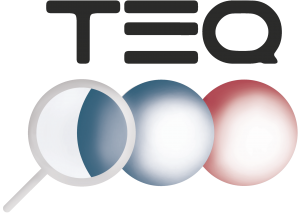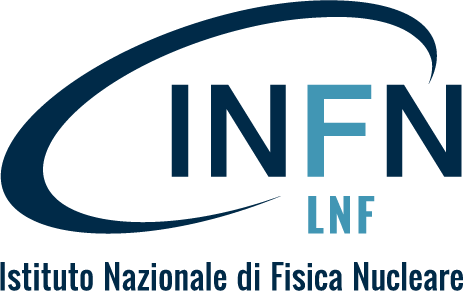 Whether we can observe quantum superpositions (QSP) of macroscopic objects is arguably ‘the’ open question in quantum physics. An answer in the positive direction will boost the quest for the use of the weirdness of quantum mechanics in a much larger set of physical systems, not restricted to the microscopic world.
Whether we can observe quantum superpositions (QSP) of macroscopic objects is arguably ‘the’ open question in quantum physics. An answer in the positive direction will boost the quest for the use of the weirdness of quantum mechanics in a much larger set of physical systems, not restricted to the microscopic world.
A team of scientists including the group of the LNF-INFN led by Catalina Oana Curceanu have joined in a consortium to address this fundamental quest from an innovative standpoint, supported by a FET € 4.4M grant awarded by the European Commission (EC). The Collaborative Project “TEQ” (Testing the large-scale limit of quantum mechanics) puts together 8 leading European research groups and the MSquared company to explore quantum effects at the large scale under the support of the EC Horizon2020 research framework programme. The project is one of the only 26 funded proposals out of 374 submitted to the latest call for Future and Emerging Technologies projects.
The team will levitate a small particle within a well-controlled environment, with low temperature and low vibrations. In such an environment an indirect test of the QSP can be performed by analyzing carefully the noise that affects the centre of mass motion of the trapped particle. The measured noise will then be compared to theoretical predictions from different models – some of which assume a breakdown of QSP.
The ambition of the project is to establish the ultimate bounds to the validity of the quantum framework, if any. “This is the question to address”, says Catalina Oana Curceanu who will lead the LNF-INFN team in TEQ, “which has been discussed for ages in the foundations of physics community. Within TEQ we have the experimental tools to get an answer. We really can make a big step forward, both in fundamental science and for the future quantum technologies, from ground to space.”
National Laboratory of Frascati partecipate in a large number of European projects financed under the Horizon 2020 framework:
AIDA2020, AMICI, ARIES, BESIIICGEM, CALIPSOplus, Compact Light, EUPRAXIA, Eurocircol, GrapheneCore1, Jennifer, MUSE and OPENSESAME.
TEQ Consortium (http://cordis.europa.eu/project/rcn/211916_en.html)
University of Trieste (PI) – Italy
Aarhus Universitet – Denmark
Istituto Nazionale di Fisica Nucleare – Italy
Oesterreischische Akademie Der Wissenschaften – Austria
The Queen’s University Belfast – United Kingdom
Technische Universiteit Delft – The Netherlands
University College London – United Kingdom
University of Southampton – United Kingdom
M-Squared Lasers Limited – United Kingdom
Translation by Camilla Paola Maglione, Communications Office INFN-LNF
 INFN-LNF Laboratori Nazionali di Frascati
INFN-LNF Laboratori Nazionali di Frascati